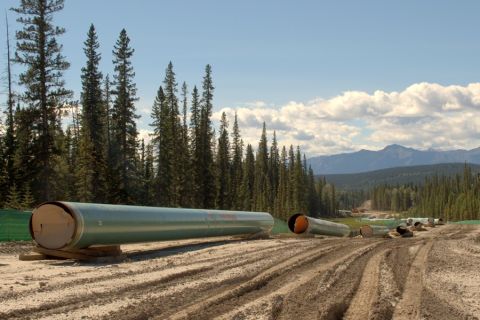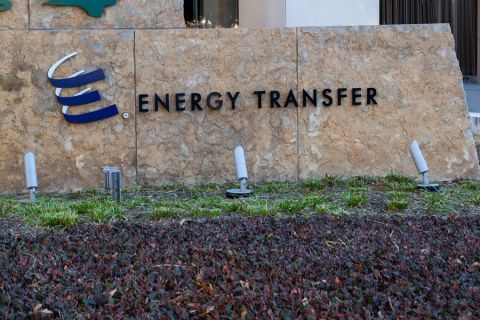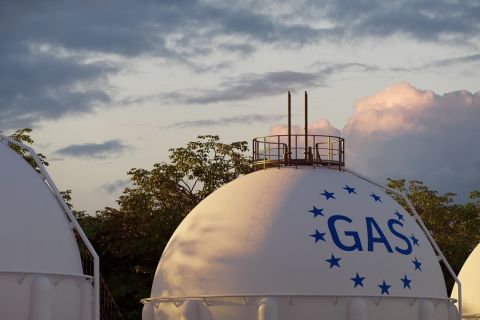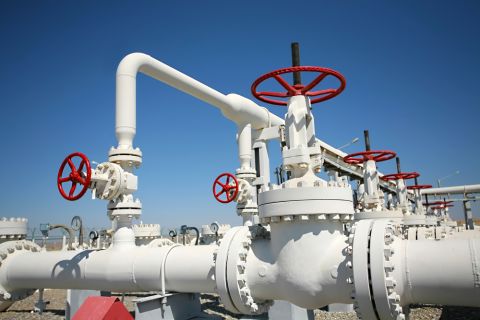Russian oil producers in the Western Siberian province of Yugra, the heartland of domestic oil output, are ready to restore production curtailed by a global deal, a local official told Reuters on Jan. 26.
Russia and other leading oil producers, a group known as OPEC+, have been curbing their output in order to prop up the market to cushion the fallout from the COVID-19 pandemic.
Last year, Russian oil production fell for the first time in annual terms since 2008, declining by 8.5% to 513 million tonnes, or 10.27 million barrels per day (MMbbl/d), its lowest since 2011.
Sergei Filatov, head of subsoil management and natural resources at Khanty-Mansiisk (Yugra), said oil output in the region, which accounts for more than 40% of Russia’s total oil extraction, fell even more sharply by 11% to 210.8 million tonnes.
He said the region, where oil fields are developed by domestic energy majors such as Rosneft, Lukoil and Gazprom Neft, may see output rebounding to 215 million tonnes in 2021, depending on how the OPEC+ deal pans out.
According to Filatov, the region now produces 100,000-140,000 tonnes per day less than in pre-pandemic 2019, when output stood at 640,000-650,000 tonnes per day.
Filatov also said that the scale of production drilling last year stood on par with 2019, around 17 million meters, while the majority of wells—mothballed due to the global deal—would be easy to re-launch.
Some new wells were drilled too but they were not put in production due to the deal, he said. According to the OPEC+ deal, Russia may raise its output by 125,000 bbl/d this month and a further 65,000 bbl/d each in February and March.
Recommended Reading
For Sale? Trans Mountain Pipeline Tentatively on the Market
2024-04-22 - Politics and tariffs may delay ownership transfer of the Trans Mountain Pipeline, which the Canadian government spent CA$34 billion to build.
Energy Transfer Announces Cash Distribution on Series I Units
2024-04-22 - Energy Transfer’s distribution will be payable May 15 to Series I unitholders of record by May 1.
Balticconnector Gas Pipeline Back in Operation After Damage
2024-04-22 - The Balticconnector subsea gas link between Estonia and Finland was severely damaged in October, hurting energy security and raising alarm bells in the wider region.
Wayangankar: Golden Era for US Natural Gas Storage – Version 2.0
2024-04-19 - While the current resurgence in gas storage is reminiscent of the 2000s —an era that saw ~400 Bcf of storage capacity additions — the market drivers providing the tailwinds today are drastically different from that cycle.
Ozark Gas Transmission’s Pipeline Supply Access Project in Service
2024-04-18 - Black Bear Transmission’s subsidiary Ozark Gas Transmission placed its supply access project in service on April 8, providing increased gas supply reliability for Ozark shippers.




